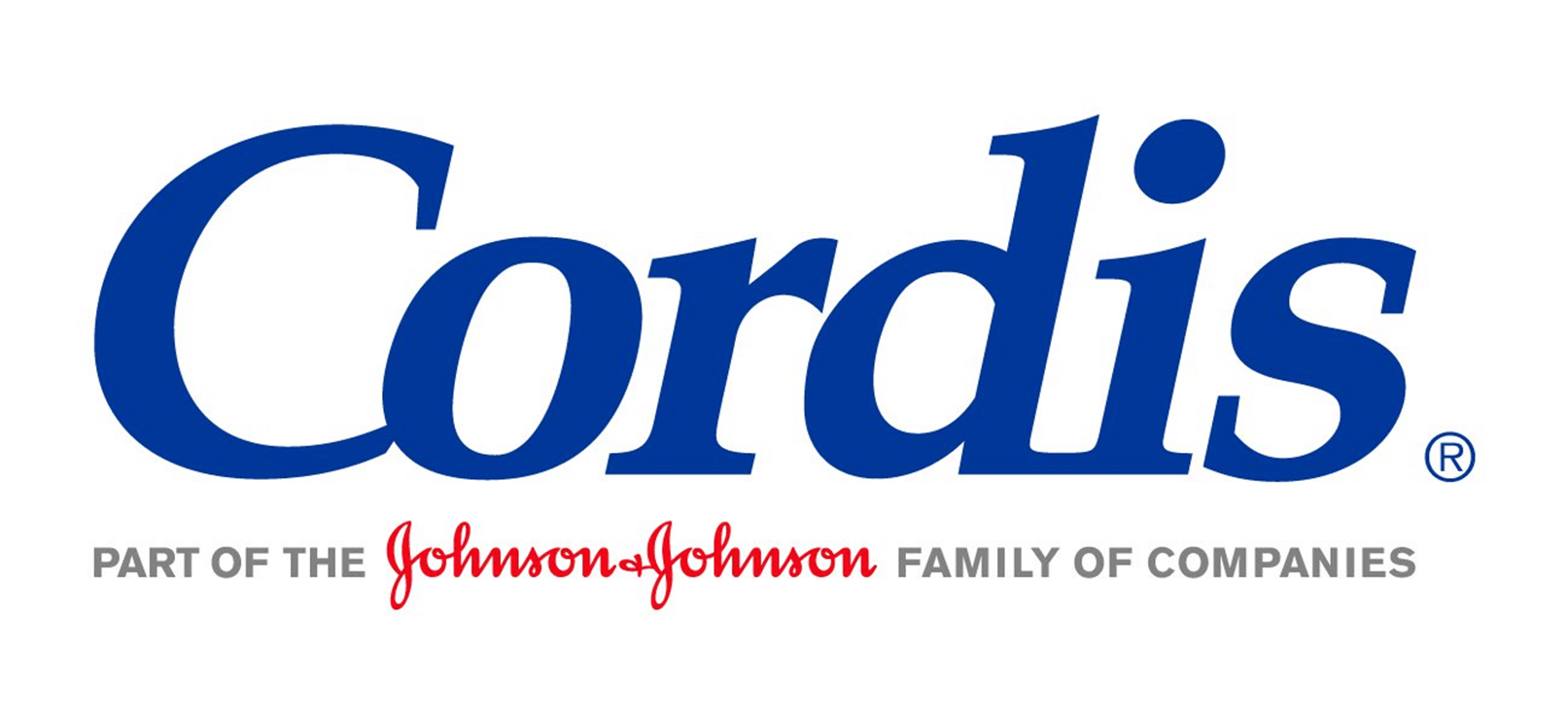As the dangers of IVC filters continue to be widely reported, IVC filter manufacturers are the subjects of an increasing numbers of lawsuits. More than 1,500 IVC filter lawsuits have been filed across the county, with manufacturers like C.R. Bard and Cook Medical taking most of the heat with the largest numbers of lawsuits. But smaller IVC manufacturers like Cordis Corporation are being put under increased scrutiny. Cordis currently faces more than 140 lawsuits over its OptEase and TrapEase IVC filters and it is likely more will be filed.
IVC filters are small cone-shaped devices implanted into the inferior vena cava to catch blood clots before they travel into the heart or lungs and cause life-threatening complications. While some IVC filters are meant for only temporary implantation, Cordis’s devices are meant to be permanent.
The FDA has issued two separate safety communications warning of the dangers of IVC filters, first in 2010 and again in 2014. The first warning came after more than 900 reports of adverse events stemming from IVC filters, including device migration, fracture, embolization, and perforation.
Cordis struggled with its OptEase IVC filter because a printing error in the implantation instructions caused many devices to be inserted upside down. The incorrect implantation led to many filters migrating into the heart where they become impossible to remove. The TrapEase didn’t fare much better. A 2011 study found 10 out of 20 patients with a TrapEase IVC filter experienced at least one fracture within only 50 months after implantation.
While the lawsuits against Cordis are in the very early stages, the company will get to see how other manufacturers fare in their lawsuits. Trials against both Cook and Bard are scheduled to begin in early 2017, and these case results could set an important precedent for other IVC filter manufacturers.

